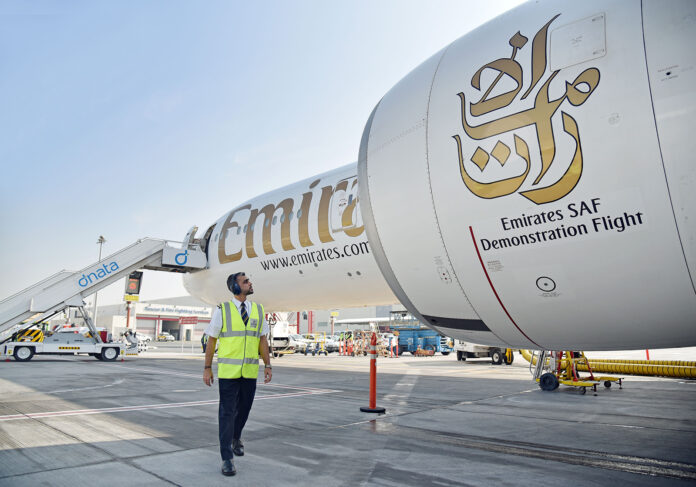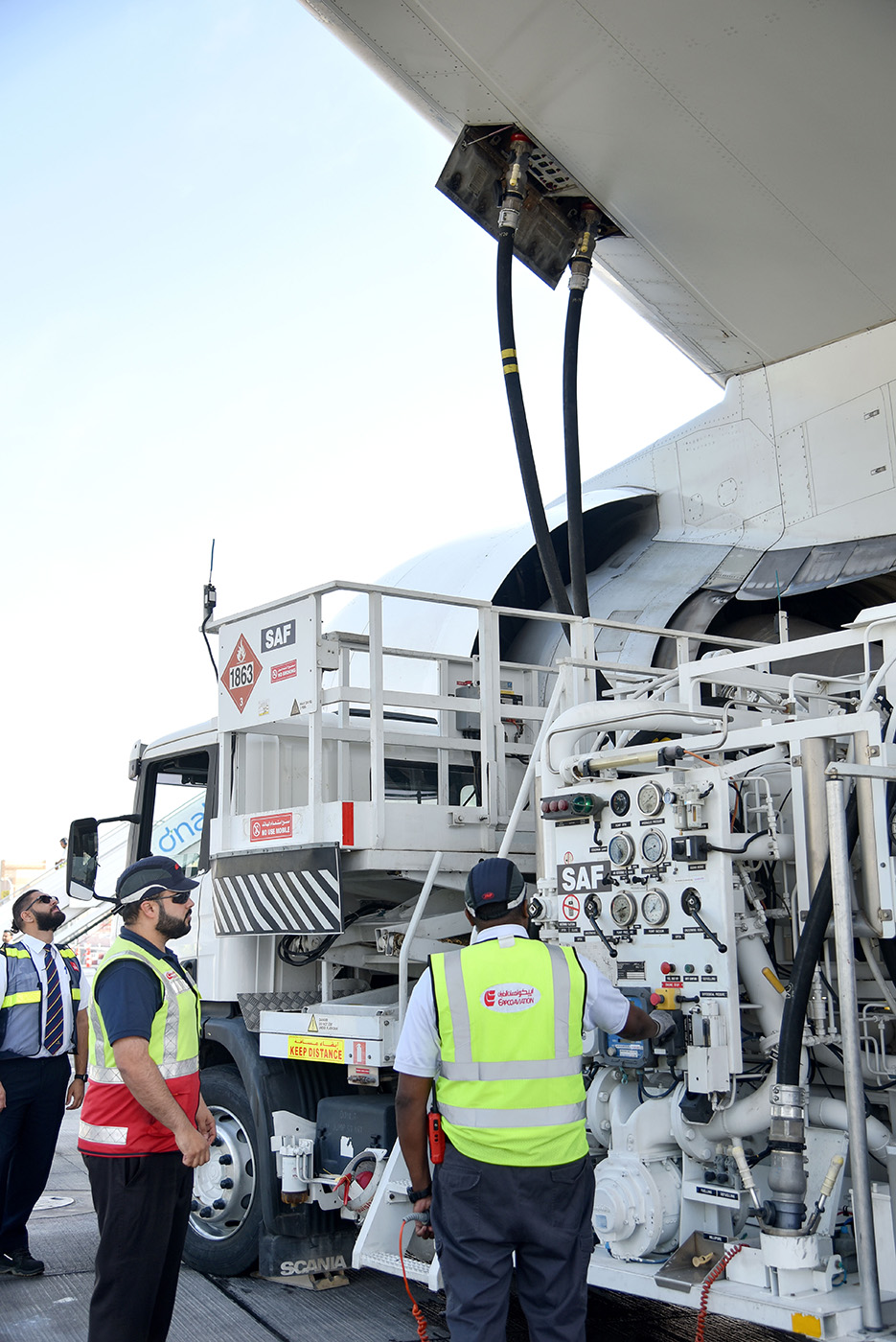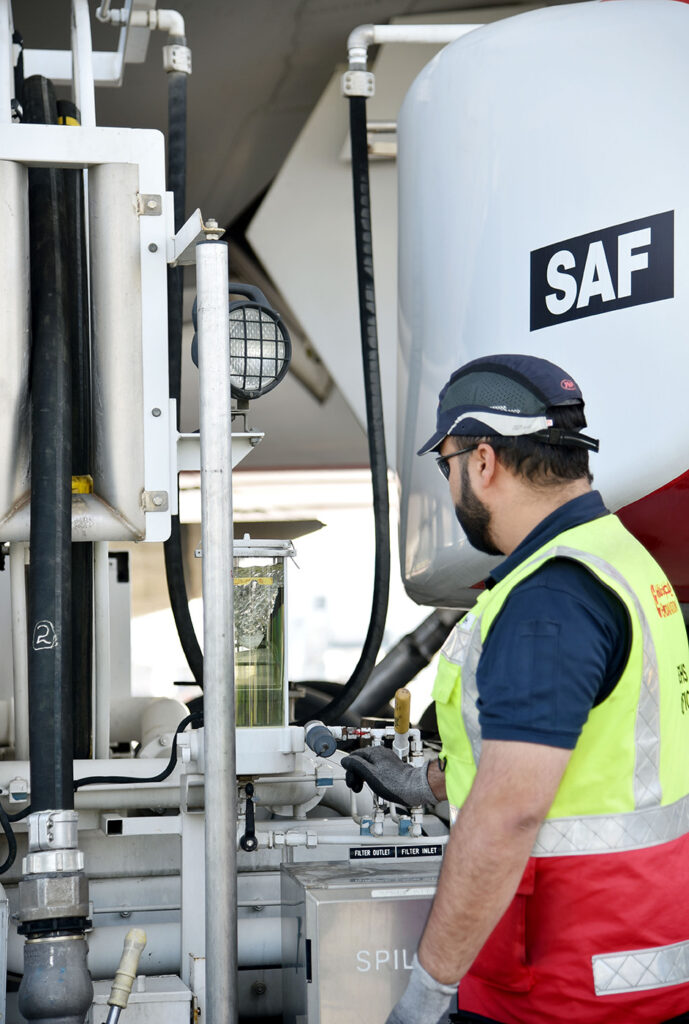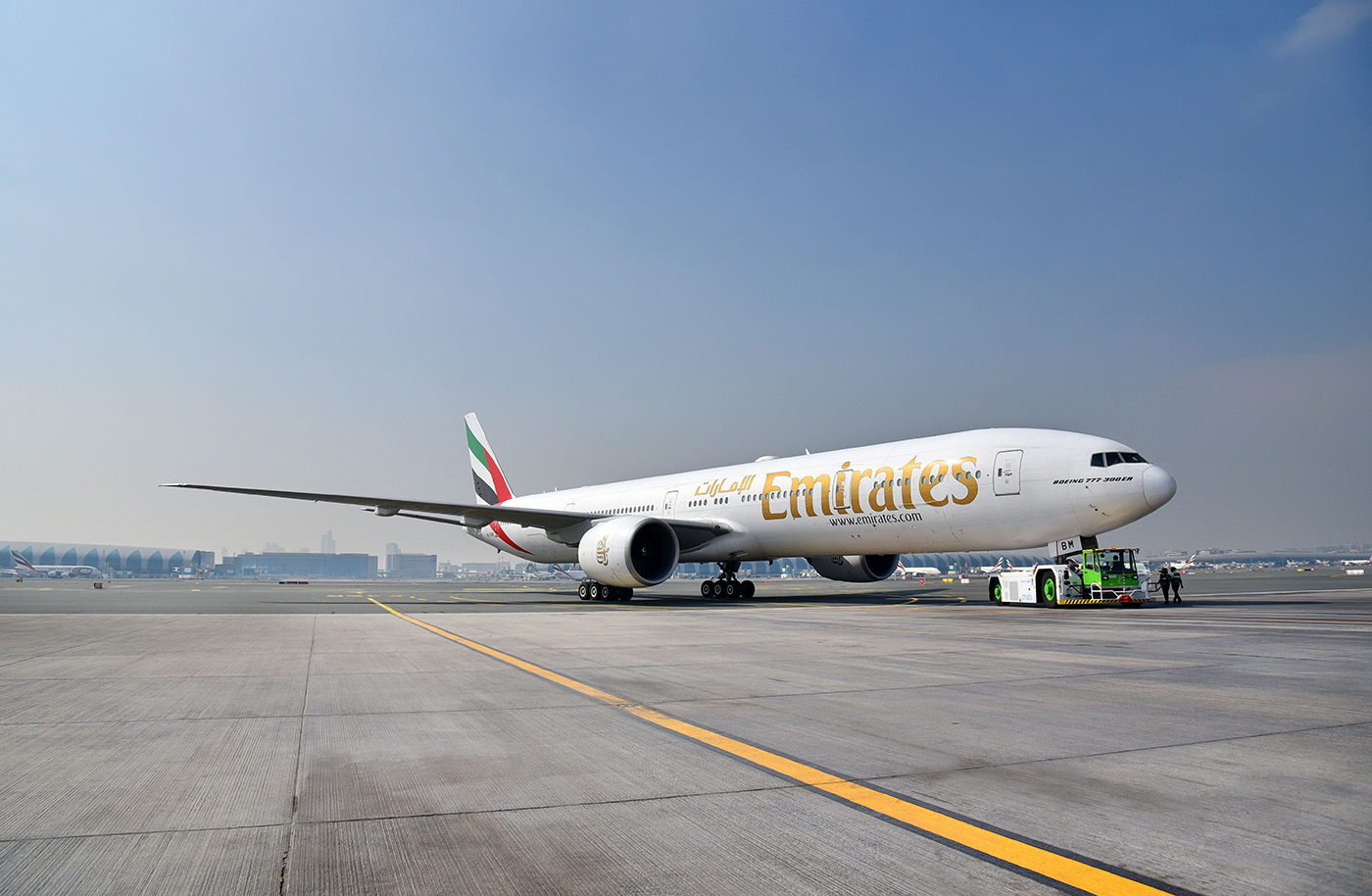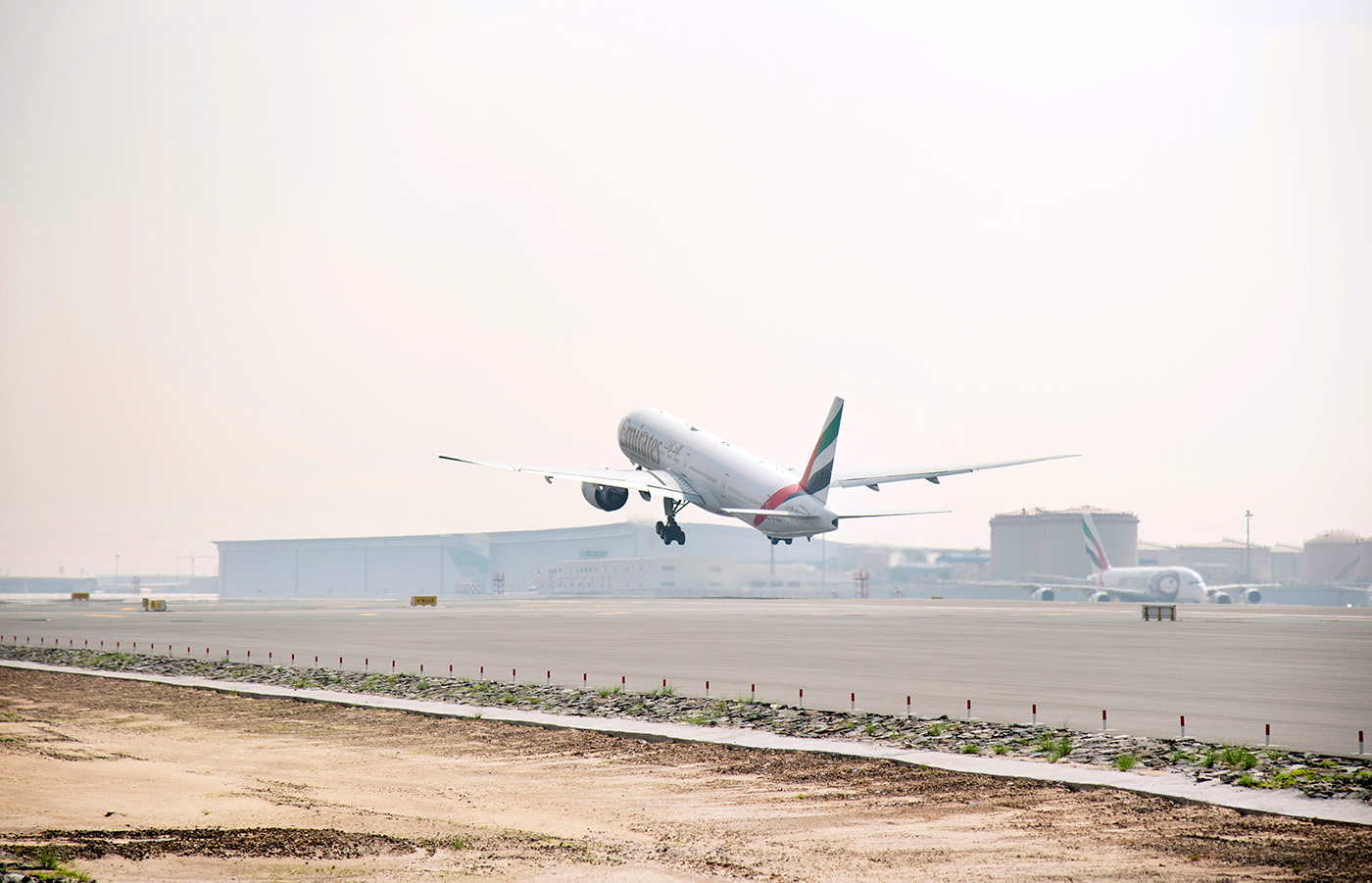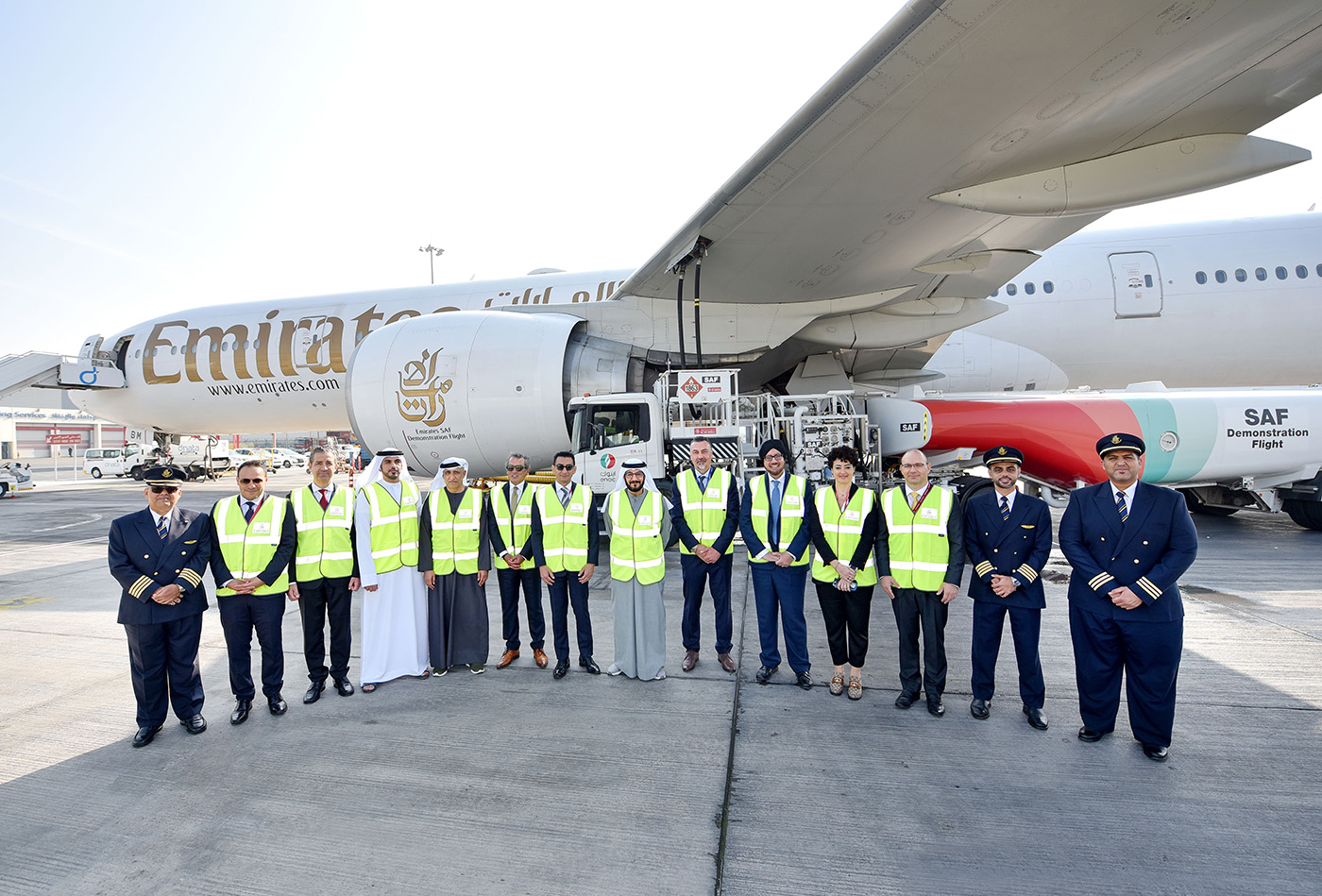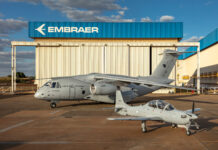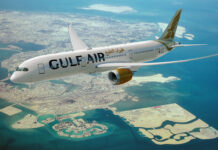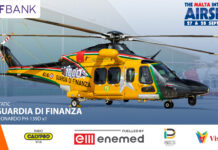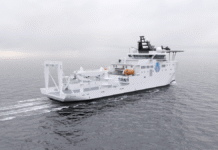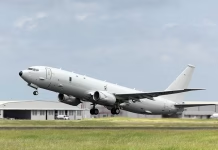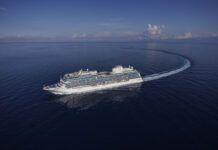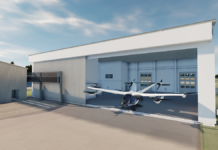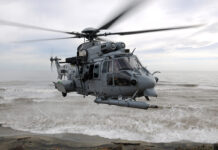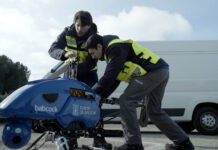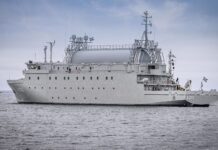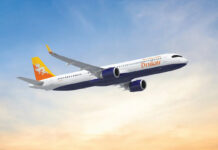Emirates has operated its first milestone demonstration flight on a Boeing 777-300ER, powering one of its engines with 100% Sustainable Aviation Fuel (SAF). The flight took off from Dubai International Airport (DXB), and was commanded by Captain Fali Vajifdar and Captain Khalid Nasser Akram, flying for more than one hour over the Dubai coastline.
The demonstration flight powered by SAF holds particular significance as the UAE declares 2023 the ‘Year of Sustainability’. The year will showcase the UAE’s commitment to seek innovative solutions to challenges such as energy, climate change and other issues related to sustainability. The flight supports collective industry efforts to enable a future of 100% SAF flying and help advance the UAE’s sustainability objectives.
Emirates’ demonstration flight, the first in the Middle East and North Africa to be powered by 100% SAF, supports broader efforts to reduce lifecycle CO2 emissions as the industry looks to scale up its use of SAF. The flights will also help to refine the playbook for future SAF demonstrations, and support future certification where 100% drop-in SAF fuel is approved for aircraft. Currently, SAF is approved for use in all aircraft, but only in blends of up to 50% with conventional jet fuel.
Emirates worked alongside partners GE Aerospace, Boeing, Honeywell, Neste and Virent to procure and develop a blend of SAF that closely replicates the properties of conventional jet fuel. At each blend ratio, a host of chemical and physical fuel property measurements were carried out. After multiple lab tests and rigorous trials, they arrived at a blending ratio that mirrored the qualities of jet fuel. Eighteen tonnes of SAF were blended, comprised of HEFA-SPK provided by Neste (hydro processed esters and fatty acids and synthetic paraffinic kerosene) and HDO-SAKfrom Virent (hydro deoxygenated synthetic aromatic kerosene). The 100% SAF supplied one GE90 engine, with conventional jet fuel supplying the other engine.
The test flight further demonstrates the compatibility of the specially blended SAF as a safe and reliable fuel source. The promising outcome of this initiative also adds to the body of industry data and research around SAF blends in higher proportions, paving the way for standardization and future approval of 100% drop-in SAF as a replacement for jet fuel, well above the current 50% blend limit.
Emirates is committed to supporting initiatives that help minimise its CO2 emissions, and the airline has already made great strides in fuel efficiency and conservation as well as operational advancements. The airline also supports IATA’s collective industry commitment to reach net zero emissions by 2050, and is exploring opportunities to augment operational fuel efficiency, SAF, low carbon aviation fuels (LCAF) and renewable energy.
The airline already runs a comprehensive fuel efficiency programme that actively investigates and implements ways to reduce unnecessary fuel burn and emissions, wherever it is operationally feasible. Some of the programme’s most significant initiatives include the operation of “flex tracks”, or flexible routings – partnering with air navigation service providers to create the most efficient flight plan for each flight. These efforts have been ongoing since 2003, and Emirates has been working with IATA to extend this routing system across the world as a standard operating procedure where possible.
Emirates’ first flight powered by SAF blended with jet fuel was in 2017, operating from Chicago O’Hare airport on a Boeing 777. It received its first SAF-powered A380 delivery in 2020, and also uplifted 32 tonnes of SAF for its flights from Stockholm that same year.


